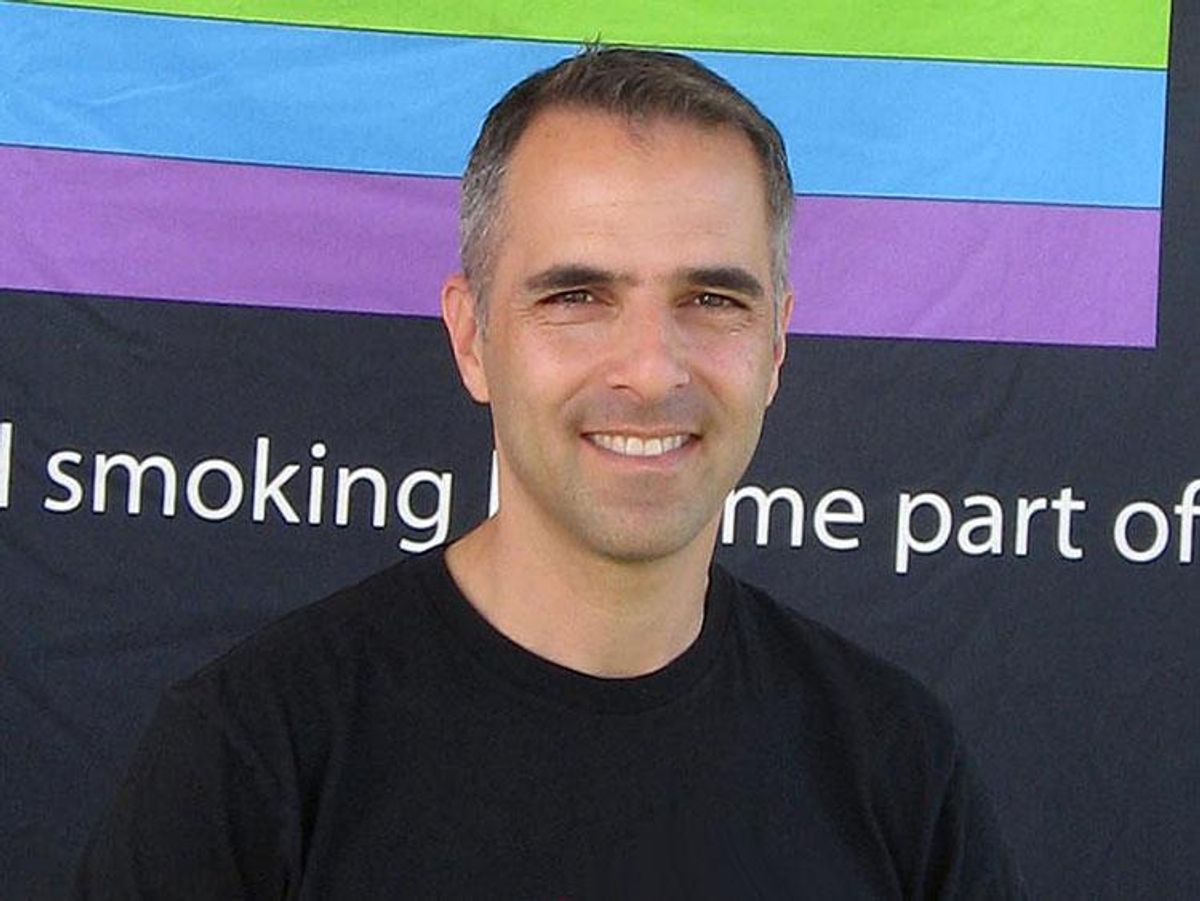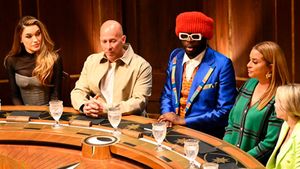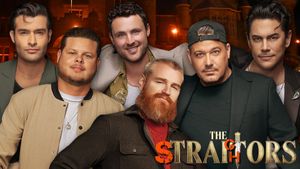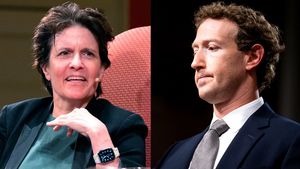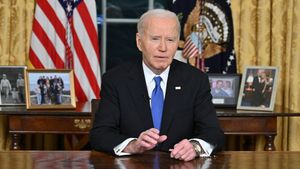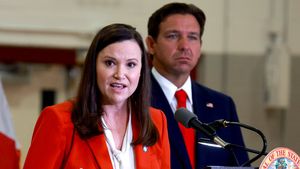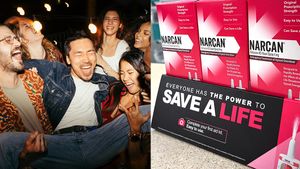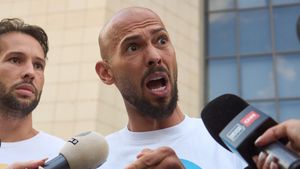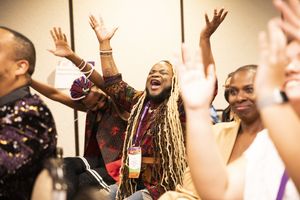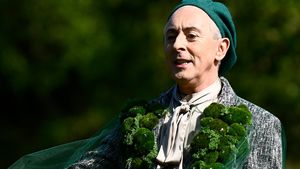According to the Centers for Disease Control and Prevention, tobacco kills more people than HIV, car accidents, illegal drugs and suicide combined. In fact, research from the California Department of Public Health found that lesbian, gay and bisexual individuals in California are twice as likely to smoke as the straight population. As a public health expert and advocate of the LGBT community, this issue isn’t just alarming – it’s very personal.
The problem goes deeper, as many members of the community don’t think tobacco is a serious health threat. The American Cancer Society has estimated that tobacco use takes the lives of more than 30,000 LGBT people every year – that’s the entire population of West Hollywood in Los Angeles, where nearly half of residents identify as LGBT. Yet many people who smoke see it more as a social activity and less a public health issue with dangerous consequences. These consequences are far-reaching, with impact beyond just those who smoke. Higher smoking rates expose the LGBT community in social settings such as bar and restaurant patios. Tobacco is particularly dangerous for transgender women taking estrogen that can lead to blood clots, heart conditions and stroke. Smoking also puts people with HIV and HPV at greater risk of infections and other complications including cancer.
It isn’t a coincidence that members of the LGBT community are more likely to smoke than the straight population. The tobacco industry has been targeting the community for decades, spending large sums of money on campaign contributions to LGBT elected officials, funding AIDS and LGBT organizations and sponsoring community and pride events.
I’ve seen the tobacco companies’ deceptive marketing tactics take full effect in the way they target the LGBT population through my work with the California LGBT Tobacco Education Partnership and hearing stories from individuals trying to quit. I’m most recently alarmed to learn about Newport cigarettes being distributed at Pride events and e-cigarette companies sponsoring Pride events. Research has also shown that the LGBT community’s heightened smoking rates may be linked to the stress of discrimination and direct targeting by the tobacco industry. That is unfair and unacceptable. Our communities fight too hard for equality to let this industry tear us down.
LGBT individuals are particularly targeted with menthol products, which pose a greater health risk than regular cigarettes. Sadly, the ads seem to be working. In 2014, 54% of gay, lesbian, and bisexual adult smokers in California reported smoking menthol cigarettes compared to only 27% of straight adult smokers in California. These practices are a strategic tactic for tobacco companies to disproportionately target LGBT people and to make a killing in the process.
It’s time we stepped up to put an end to tobacco use – for the LGBT community and for all populations. Becoming aware of the marketing tactics used by the tobacco industry to target LGBT communities – and helping make others aware – is the first step. Members of the community must understand that we are being targeted and encouraged in often subtle ways to smoke. This means standing up to the tobacco industry’s continued cycle of discrimination against LGBT people, and becoming an ally for those seeking to quit tobacco.
If you smoke, or know a friend or family member who smokes, there are a number of free resources available on the Centers for Disease Control and Prevention website, including a quitline to call: 1-800-QUIT-NOW (1-800-784-8669). We’ve come so far together. Let’s not let tobacco hold us back.
Bob Gordon, MPH, serves as Project Director for the California LGBT Tobacco Education Partnership. He also co-facilitates The Last Drag, a free stop-smoking program for the LGBT community in San Francisco. As Co-Chair of the San Francisco Tobacco Free Coalition, Bob helped organize San Francisco’s Tobacco 21 ordinance and he was key in the passage of the first tobacco-free pharmacy ordinance in the US. Bob has been honored with a number of awards for his work, including the 2013 Community-Based Leadership Award from the Alcohol Tobacco and Other Drugs Section of the American Public Health Association and the 2013 Community Activist Award from the American Legacy Foundation.
